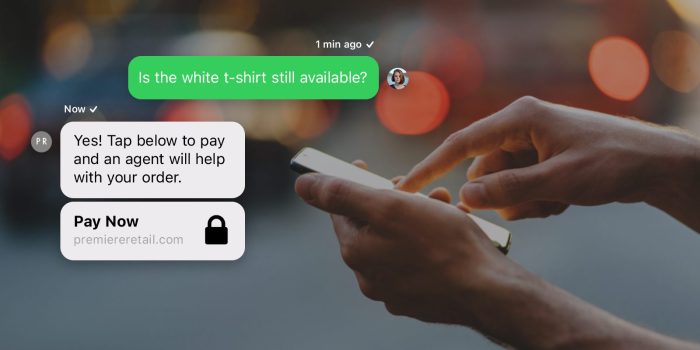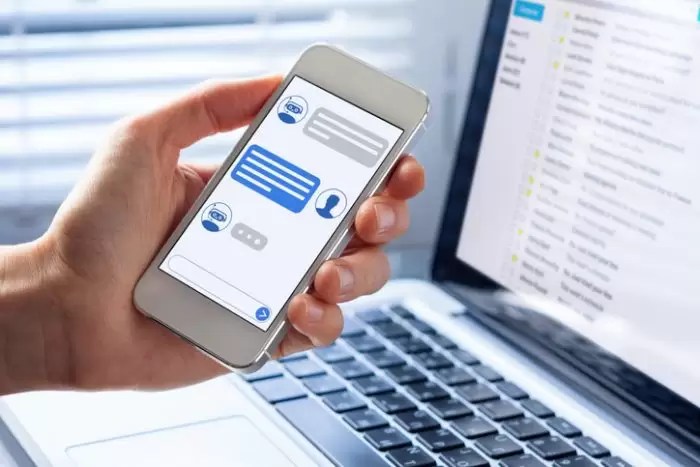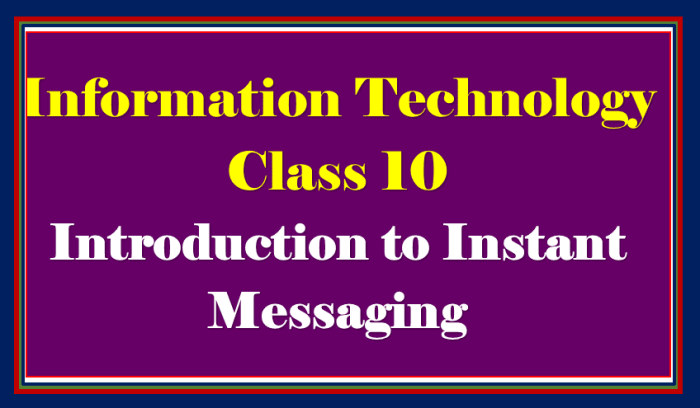Instant messaging during your class session is okay if – In the digital age, the use of instant messaging (IM) has become ubiquitous. While it has been traditionally discouraged in educational settings, recent research suggests that IM can be an effective tool for enhancing student engagement, communication, and collaboration. This article explores the benefits and challenges of allowing IM during class sessions, providing practical strategies for its effective implementation.
Instant Messaging in the Classroom: A Comprehensive Analysis

The use of instant messaging (IM) during class sessions has sparked debate among educators, with both potential benefits and drawbacks. This article explores the implications of IM in the classroom, examining its impact on student engagement, communication, collaboration, classroom management, privacy, and pedagogical considerations.
Student Engagement
IM can enhance student engagement by:
- Facilitating real-time Q&A and discussions
- Providing a platform for students to share ideas and perspectives
- Encouraging active participation and collaboration
However, excessive IM use can lead to distraction and off-task behavior.
Communication and Collaboration, Instant messaging during your class session is okay if
IM enables seamless communication among students:
- Facilitating peer-to-peer learning and support
- Fostering group discussions and project collaborations
- Providing a platform for students to connect outside of class
Classroom Management
Managing IM use in the classroom poses challenges:
- Establishing clear guidelines and expectations
- Monitoring and regulating IM usage
- Preventing misuse and distractions
Privacy and Security
IM raises privacy and security concerns:
- Protecting student privacy and personal data
- Ensuring the security of messages and attachments
- Addressing potential cyberbullying and harassment
Pedagogical Considerations
IM has pedagogical implications:
- Impact on student learning outcomes
- Integration into the curriculum in a meaningful way
- Balancing IM use with traditional teaching methods
General Inquiries: Instant Messaging During Your Class Session Is Okay If
Can IM be used for peer-to-peer learning?
Yes, IM can facilitate peer-to-peer learning by allowing students to share ideas, ask questions, and provide feedback to each other.
What are the privacy concerns associated with IM use in the classroom?
Privacy concerns include the collection and storage of student data, the potential for cyberbullying, and the risk of students accessing inappropriate content.
How can teachers manage IM use effectively?
Teachers can manage IM use effectively by establishing clear guidelines, using technology tools for monitoring, and encouraging responsible use among students.


